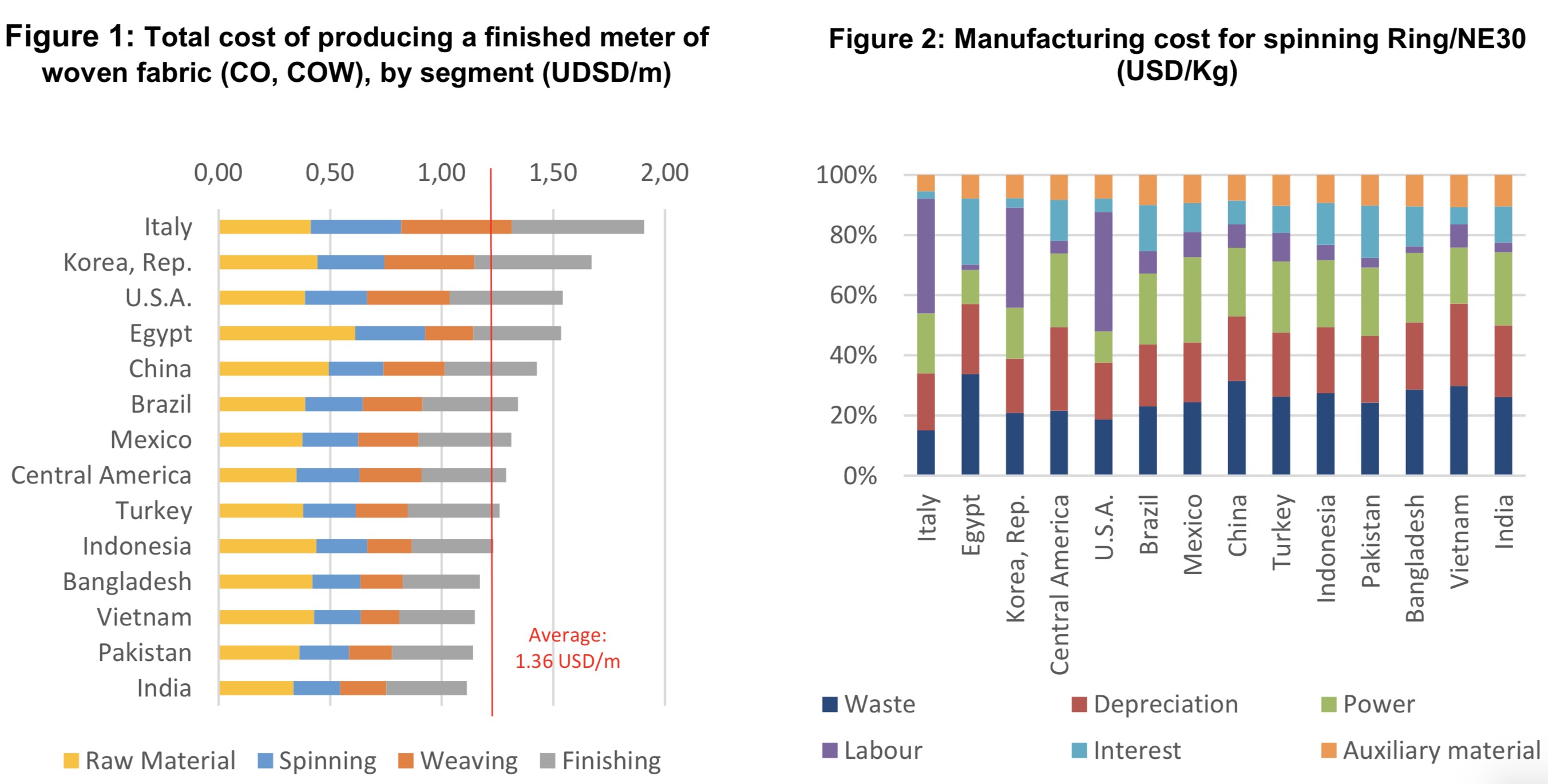
Ford Motor Co. recently announced significant changes to its electric vehicle (EV) strategy, reflecting the challenges faced by the U.S. auto industry as a whole. The company has canceled plans for a fully electric three-row SUV and delayed production of its next-generation electric pickup truck. These changes come as Ford grapples with rising production costs, slower-than-expected EV demand, cost-conscious consumers, rising compliance requirements, and tougher competition from new EVs entering the market.
The decision to cancel the fully electric three-row SUV is primarily due to high battery production costs and the difficulty of making such vehicles affordable for buyers. Instead, Ford will focus on developing hybrid electric vehicles and electric commercial vehicles. They plan to prioritize the development of a new electric commercial van, which is expected to start production in Ohio in 2026. This strategic shift is aimed at addressing the pricing pressure from high battery costs and meeting the demand for hybrids.
Ford will now produce its next three-row SUVs as gas-electric hybrids, resulting in a non-cash charge of around $400 million for the write-down of product-specific manufacturing assets for the fully electric SUVs they will no longer produce. The company will also incur an additional $1.5 billion in expenses related to the electric SUV cancellation but intends to reduce its overall mix of annual expenditures on pure electric vehicles from 40 percent to 30 percent due to higher demand for hybrids.
In addition to these changes, Ford has delayed the production of its electric pickup truck, a full-size model that was originally planned for 2025 but has been pushed to the second half of 2027. However, they are also developing a new midsize electric truck, expected to launch in 2027, through a specialized “skunkworks” team based in California. These moves are aimed at creating a more profitable and capital-efficient EV business while providing customers with a broader range of electrification options to speed up adoption.
To improve profitability, Ford aims to increase battery production within the United States. They plan to take advantage of the Advanced Manufacturing Tax Credit, a federal incentive that encourages domestic production and reduces reliance on foreign production. This focus on domestic battery production aligns with the Biden administration’s efforts to promote EVs and reduce reliance on foreign supply chains.
Ford President and CEO Jim Farley emphasized the importance of offering customers maximum choice and capitalizing on the company’s expertise. Despite scaling back their EV ambitions, Ford remains committed to providing customers with a range of electrification options that are cost-efficient and competitive.
The challenges faced by Ford and the entire industry in transitioning to electric are evident in consumer interest. A recent study by J.D. Power found that consumer interest in EVs has decreased, with only 24 percent of surveyed shoppers in 2024 being “very likely” to consider buying an EV, down from 26 percent the previous year. The availability of charging stations, high purchase prices, long charging times, and limited driving range are the top concerns among hesitant buyers. This reluctance is particularly notable among consumers who rely on a single vehicle for their transportation needs.
Other automakers, like General Motors, have also scaled back their EV production targets due to softened demand and the risk of oversupply. General Motors recently reduced its 2024 EV production forecast by 50,000 vehicles, citing “100 percent demand-driven” factors. These industry-wide challenges highlight the need for automakers to address consumer concerns and improve infrastructure to drive greater EV adoption.
In conclusion, Ford’s shift in its EV strategy reflects the broader challenges faced by the U.S. auto industry. The company’s decision to cancel a fully electric SUV and delay its next-generation electric pickup truck is driven by rising production costs, slower-than-expected EV demand, cost-conscious consumers, compliance requirements, and increased competition. Ford will now prioritize the development of hybrid electric vehicles and electric commercial vehicles to address these challenges. The company aims to increase profitability by focusing on domestic battery production and providing customers with a range of electrification options. However, the industry as a whole is facing challenges in transitioning to electric, with consumer interest in EVs waning due to concerns about charging infrastructure, high prices, long charging times, and limited range. This has led other automakers to scale back their EV production targets as well. To drive greater EV adoption, automakers need to address these concerns and improve infrastructure.


